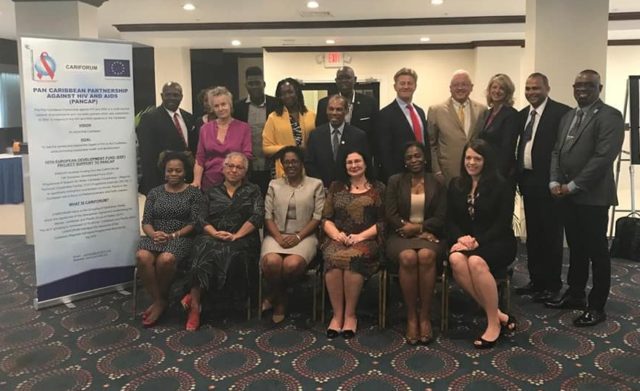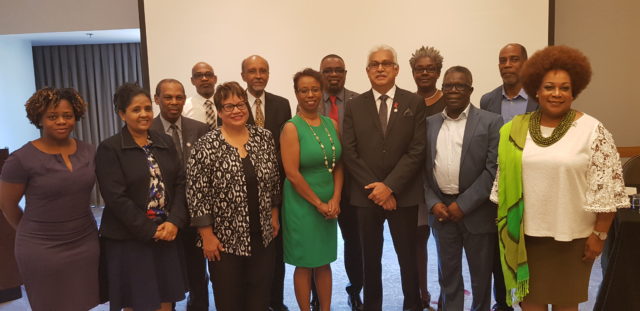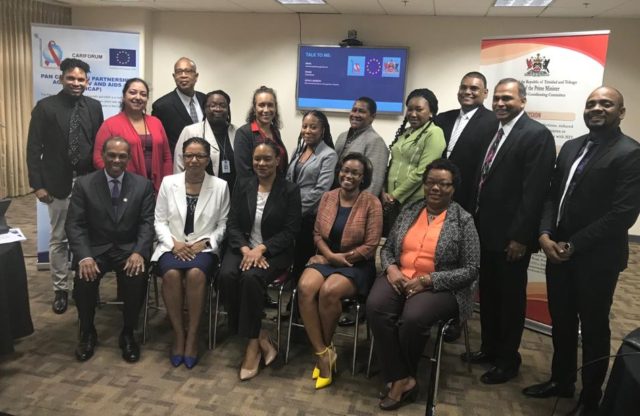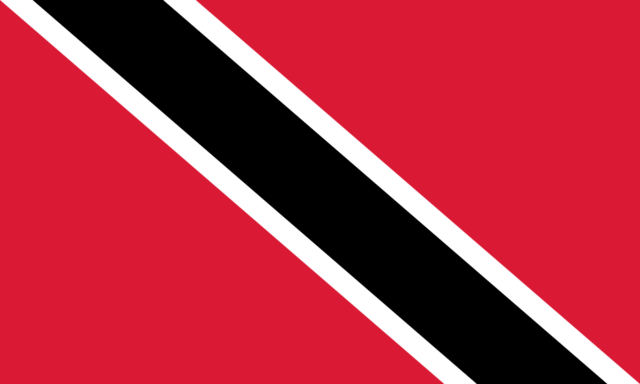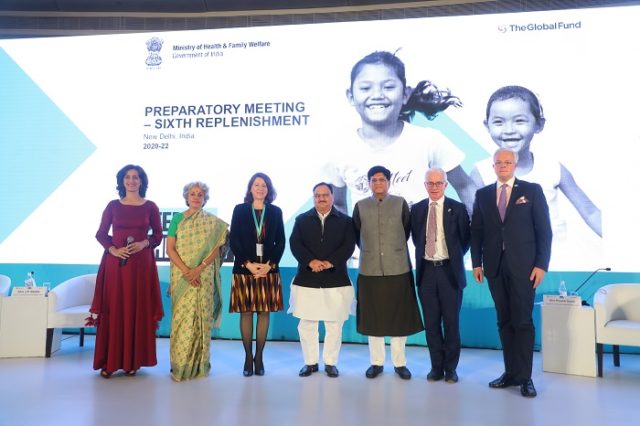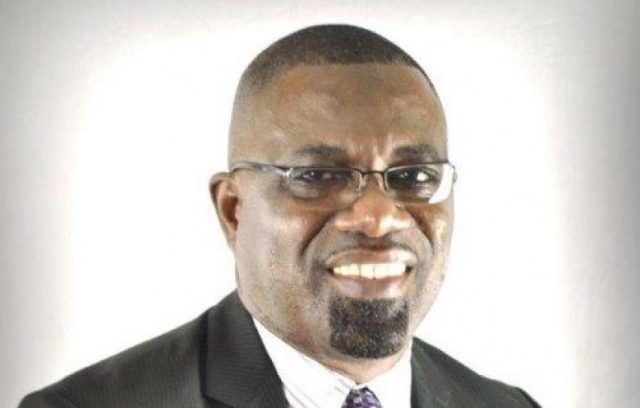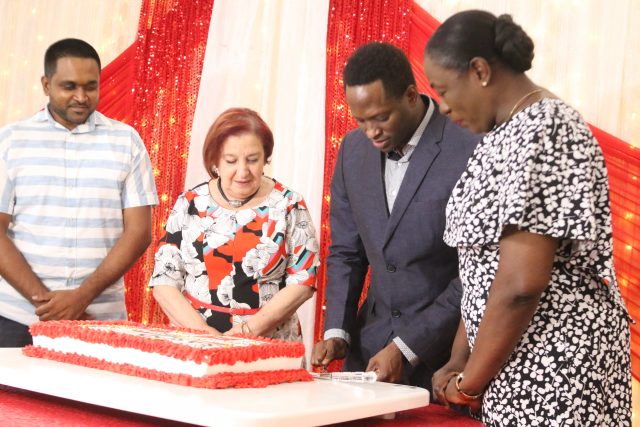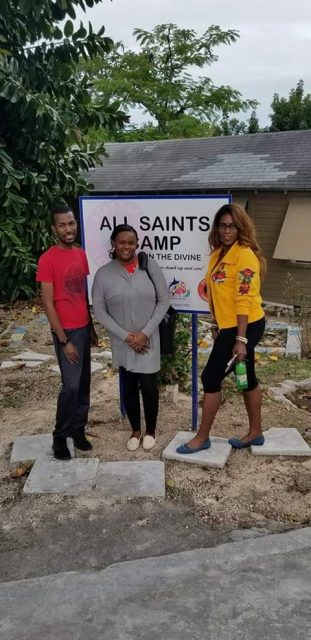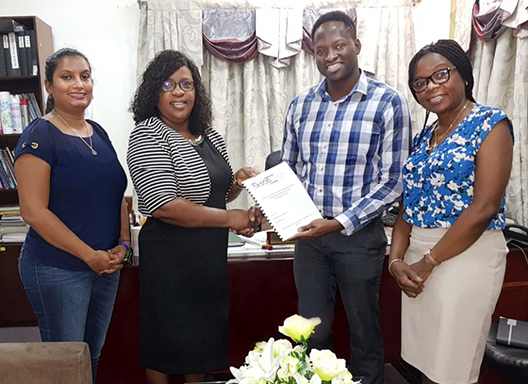Wednesday 27 February 2019 (PANCAP Coordinating Unit, CARICOM Secretariat): The Pan-Caribbean Partnership against HIV and AIDS (PANCAP), with funding from the CARIFORUM 10th European Development Fund (EDF) Programme of Support for Wider Caribbean Cooperation, will host a Parliamentarians Sensitization Forum in Kingston Jamaica on Thursday 28 February 2019.
The Forum forms part of a series of engagements with parliamentarians, which commenced in 2013 under the PANCAP Justice for All (JFA) programme. The objectives of the Forum are to outline the challenges to the Jamaica HIV response including stigma and discrimination that serve as barriers to achieving the UNAIDS 90-90-90 Targets and ending the AIDS epidemic, define parliamentarians’ legislative, representational and oversight roles toward addressing the challenges to ending the AIDS epidemic and pursue actions with specific timelines aligned with parliamentarians’ legislative, representational and oversight roles.
Participants will be engaged in making specific recommendations for the establishment of a National Parliamentarian Action Group to function as a coordinating mechanism to facilitate communication with and among National Parliamentary Committees, with specific reference to the 2030 Sustainable Development Goal (SDG) #3: ensuring healthy lives and promoting well-being for all at all ages, with a specific target that by 2030 to end the epidemics of AIDS, Tuberculosis, Malaria and neglected tropical diseases and combat Hepatitis, waterborne diseases and other communicable diseases.
The Forum will also seek to identify ways to collaborate with other stakeholders including faith leaders, civil society, youth, and Key Populations to respond to HIV.
Featured speakers include Hon. Delroy Chuck, Minister of Justice, Jamaica, Hon. Pearnel Charles, Sr., Speaker of the House of Representatives, Jamaica, Dr Peter Phillips, Leader of the Opposition, Mr. Fredrik Ekfeldt, Deputy Head of Mission, Minister-Counsellor at the European Union Delegation to Jamaica, Belize, The Bahamas, Cayman Islands and Turks and Caicos and Dr Edward Greene, Special Advisor to PANCAP. Representatives of the Ministry of Health, UN agencies and civil society organizations will also be attending. Mr. Dereck Springer, Director of PANCAP, will preside over the meeting.
The objectives of the Forum are aligned with the JFA Programme and PANCAP’s regional response to the UN High-Level Political Declaration (June 2011) designed to reduce AIDS-related stigma and discrimination.
– ENDS –
What is PANCAP?
PANCAP is a Caribbean regional partnership of governments, regional civil society organisations, regional institutions and organisations, bilateral and multilateral agencies and contributing donor partners which was established on 14 February 2001. PANCAP provides a structured and unified approach to the Caribbean’s response to the HIV epidemic, coordinates the response through the Caribbean Regional Strategic Framework on HIV and AIDS to maximise efficient use of resources and increase impact, mobilizes resources and build capacity of partners.
- 10th European Development Fund (EDF) Programme of Support for Wider Caribbean Cooperation
Under the 10th (EDF) Programme of Support for Wider Caribbean Cooperation, PANCAP will strengthen coordination on human rights issues in keeping with the Justice For all Roadmap through the HIV and AIDS Thematic Task Force in CARIFORUM.
- CARIFORUM
CARIFORUM refers to the Grouping of Caribbean States which are signatories of the Georgetown Agreement establishing the African, Caribbean and Pacific Group of States (ACP). The ACP grouping is composed of 79 African, Caribbean and Pacific states.
CARIFORUM is the recipient of and manages the implementation of Caribbean Regional Indicative Programmes financed by the EDF and Caribbean regional programmes financed by individual Member States of the European Union. It also provides technical assistance to agencies/institutions implementing projects under these programmes.
- European Union
The Member States of the European Union have decided to combine their expertise, resources and destinies. Together, they have built a zone of stability, democracy and sustainable development whilst maintaining cultural diversity, tolerance and individual freedoms. The European Union is committed to sharing its achievements and its values with countries and peoples beyond its borders’.
Background to the PANCAP Justice for All (JFA) Roadmap
The PANCAP Justice for All (JFA) Programme was established in September 2013 as a regional response to the UN High-Level Political Declaration (June 2011) designed to reduce AIDS-related stigma and discrimination. The objectives of the JFA Roadmap are:
- Enhancing family life and focusing on those in need
- Increasing access to treatment and affordable medicines
- Reducing gender inequality including violence against women, girls and adolescents
- Promoting prevention with special reference to sexual and reproductive health and rights including age-appropriate sexual education
- Implementing legislative reforms for modifying AIDS-related stigma and discrimination

